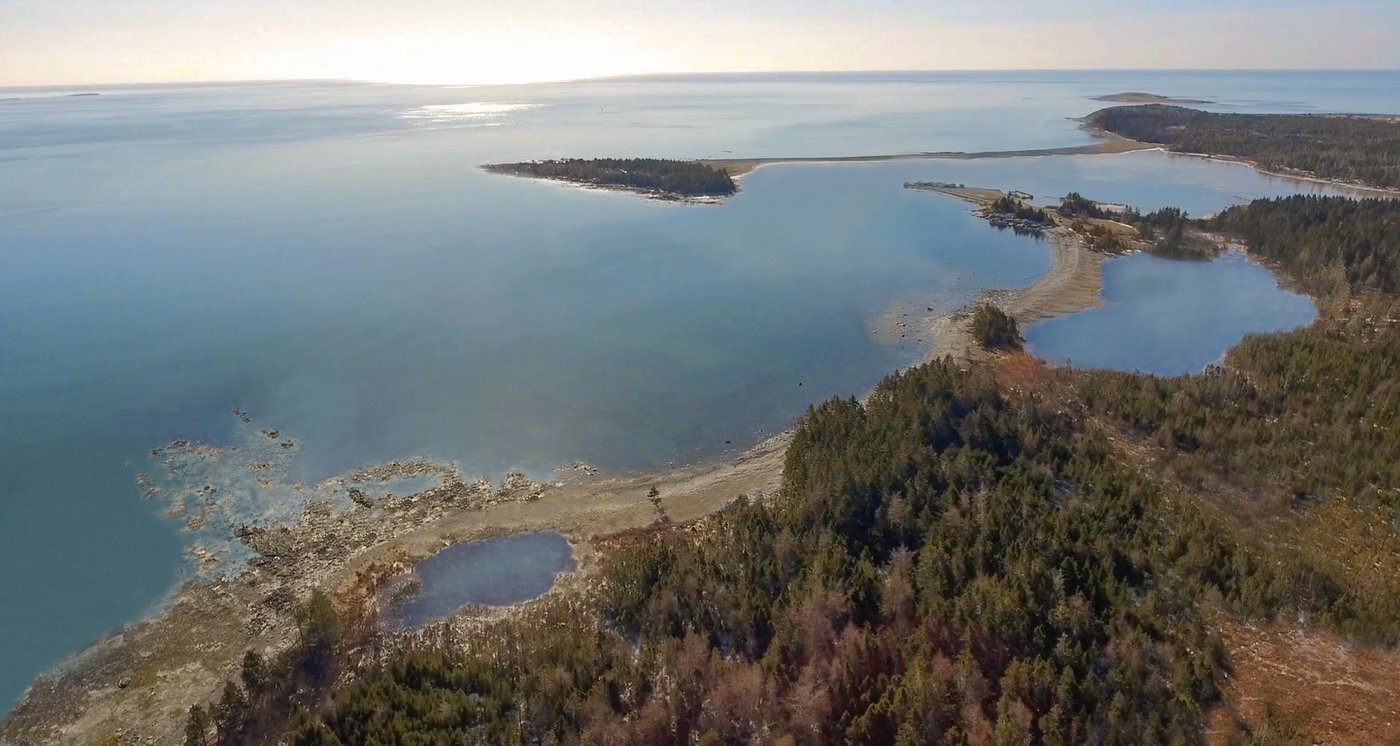Nova Scotia government gives Whale Sanctuary Project approval to build coastal refuge

HALIFAX — Organizers behind a plan to establish North America’s first coastal refuge for captive whales say the Nova Scotia government has granted them approval to start construction on the province’s eastern shore.
The U.S.-based Whale Sanctuary Project announced Tuesday that Premier Tim Houston’s cabinet had granted the organization a 20-year lease for 83 hectares of Crown lands and coastal waters near Wine Harbour, N.S.
“This is a great day for the Whale Sanctuary Project and for the whales,” the group said in a statement on its website. “We look forward to pressing ahead in every way to establish the whale sanctuary.”
The organization’s online announcement links to a cabinet order on a government website. It confirms the government’s approval, which Houston’s government had yet to announce by late Tuesday.
Earlier in the day, Houston shuffled his cabinet and removed three ministers, including Natural Resources Minister Tory Rushton, the man who recommended cabinet approve the project.
Project organizers say the approval means they can start building a huge, floating net enclosure for whales and dolphins retired from marine theme parks like Marineland in Niagara Falls, Ont.
They say the new lease also means the non-profit group can ramp up its private fundraising to pay for the $20-million project, which will require about $2-million annually to operate.
Charles Vinick, the project’s executive director, has said the proposed 40-hectare enclosure could hold up to 10 of Marineland’s 30 belugas, and he has suggested the refuge could open as early as next year.
But no whales or dolphins will be moved to the site until the Whale Sanctuary Project receives permits from the federal Fisheries Department and Transport Canada.
According to figures compiled by The Canadian Press, 19 belugas, one killer whale, and one dolphin have died at Marineland since late 2019, but the company has long defended its treatment of animals, saying the deaths were part of the natural cycle of life.
Earlier this month, Marineland made headlines when Ottawa rejected its bid to sell its belugas to buyers in China. The owners of the shuttered Ontario theme park responded by saying they might euthanize the whales because they didn’t have enough money to feed them.
As well, Marineland released a report saying it had more than a dozen reasons why none of Canada’s last remaining captive whales should be sent to the Nova Scotia site.
The report alleges the site is too polluted and has seen no development since plans for its construction were unveiled in 2020.
“Marineland is of the view that serious environmental issues that remain unresolved, along with a total lack of proven financial viability, precludes any further consideration of the WSP as an appropriate site,” the report says.
Vinick dismissed the report, saying his group has completed extensive environmental testing and has won approval for plans to contain the mess left behind by the gold mining industry.
As for the project’s finances, Vinick said his organization will not be seeking government funding, and he admitted much more money will have to be raised to pay for the project.
Earlier this year, Vinick confirmed the project had been stalled by opposition from a small group of local landowners. At the time, the Nova Scotia government said unanimous consent was needed, but it remains unclear if that requirement has been met.
Emails obtained by The Canadian Press through freedom of information laws indicated that some landowners were worried about losing access to the water once nets are installed.
Meanwhile, the advocacy group Animal Justice applauded Nova Scotia’s move, saying it “offers real hope for a permanent, peaceful home for many of the beluga whales currently suffering in tanks at Marineland in Niagara Falls.”
“The whales will finally be able to … feel the rhythms of tides and seasons and explore a natural environment — all while still receiving the care they’ll require to survive after a lifetime spent in captivity.” This report by The Canadian Press was first published Oct. 21, 2025.

Join the Conversation!
Want to share your thoughts, add context, or connect with others in your community?
You must be logged in to post a comment.



















